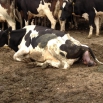Knowledgebase
Kingshay's Knowledgebase - Cow Management
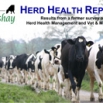
Results from our herd health survey show that low Vet & Med costs are strongly influenced by how you use your vet, the health status of your herd and the farm team sk...
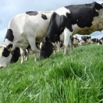
Ketosis is one of the most significant ‘hidden’ diseases affecting the UK dairy herd. Around 30% of cows are estimated to develop the metabolic disease during the tra...
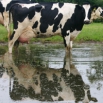
Leptospirosis (lepto) is a bacterial disease of cows which causes infertility, abortion storms, higher cell counts and lower milk yields. Control of lepto is particularl...

Water quality is an important issue in the production and health of dairy cattle. Water can provide both essential and antagonistic constituents for dairy cows and theref...
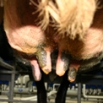
Every clinical case of mastitis costs around £290. Currently the top 25% of farmers achieve 22 mastitis cases per 100 cows, while the group average is 41 cases per 100 c...
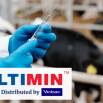
In a world of tight margins, optimising herd health and performance is crucial for profitability. While feeding a balanced diet is the cornerstone of any good nutritional...
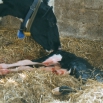
Careful monitoring of the performance and health of freshly calved cows will help to achieve expected lactation yields. Particular attention should be paid to cows who ...

This Research Insight explores the roles of prebiotics and probiotics, explaining how they function and highlighting findings from scientific studies conducted around the...
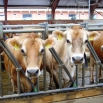
There are very few truly ‘closed’ herds in the UK, as farmers purchase stock for various reasons including replacements for culls, expanding the herd size, sweeper bu...
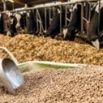
The importance of formulating a well-balanced, appropriate ration for cows is well known. Once this is done, we must next focus on how we present this ration to the cow. ...
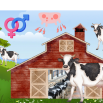
Data shows the proportion of cows being ‘selected’ to leave the herd is increasing, compared to ‘forced’ leavers, highlighting improvements in health and fertilit...

